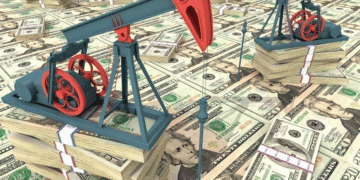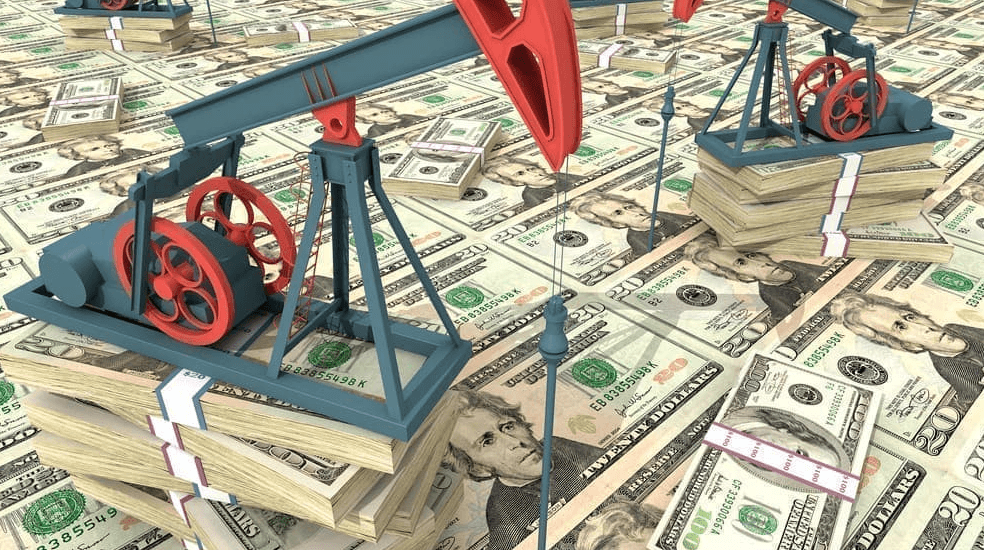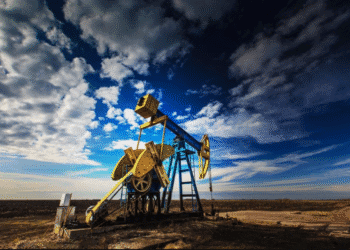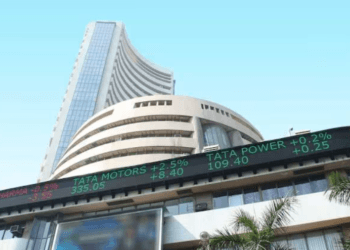Athira Sethu
Kochi, 14 June 2025
Oil prices rose sharply on Friday following an Israeli attack on Iran. This unexpected action triggered concerns about a wider war in the Middle East and potential supply chain disruptions of oil. The development has left the markets anxious and driven oil prices to the highest they have risen in a single day since 2022.
Brent crude, the leading traded oil in the world, increased more than 9% to $75.65 a barrel and even reached $78.50 intraday. This was the highest since January 27. U.S. oil (West Texas Intermediate) gained 9.45% to $74.47 a barrel, after reaching a high of $77.62 — the highest since January 21.
Israel has stated that it attacked Iran’s nuclear facilities, missile production plants, and military commanders. The nation indicated that this was only the start of a more extended plan to prevent Iran from developing nuclear weapons. These developments have generated a lot of concern in the oil market.
Experts believe that the attack adds a significant risk to oil trading. There is more fear now that something will disrupt the oil supply from the Middle East — a place that produces much of the world’s oil.
Singapore traders indicated it was too soon to say whether the attack would impact oil shipments. A great deal hinges on how Iran responds and whether America gets involved. One trader said he feared the Strait of Hormuz — a critical shipping route through which much of the world’s oil travels — would be shut.
One energy analyst explained that if Iran attacks oil facilities or closes the Strait, it might impact as much as 20 million barrels of oil a day. That would have an enormous effect on the price of oil and supply.
Iran’s supreme leader, Ayatollah Ali Khamenei, threatened that Israel would be met with a tough response. U.S. officials, in the meantime, explained they were not included in Israel’s assault and urged Iran not to fire at American bases or people.
Experts also cautioned that if fighting escalates to other surrounding oil-producing nations, it could turn worse. The oil market is closely observing to know what follows next.





















